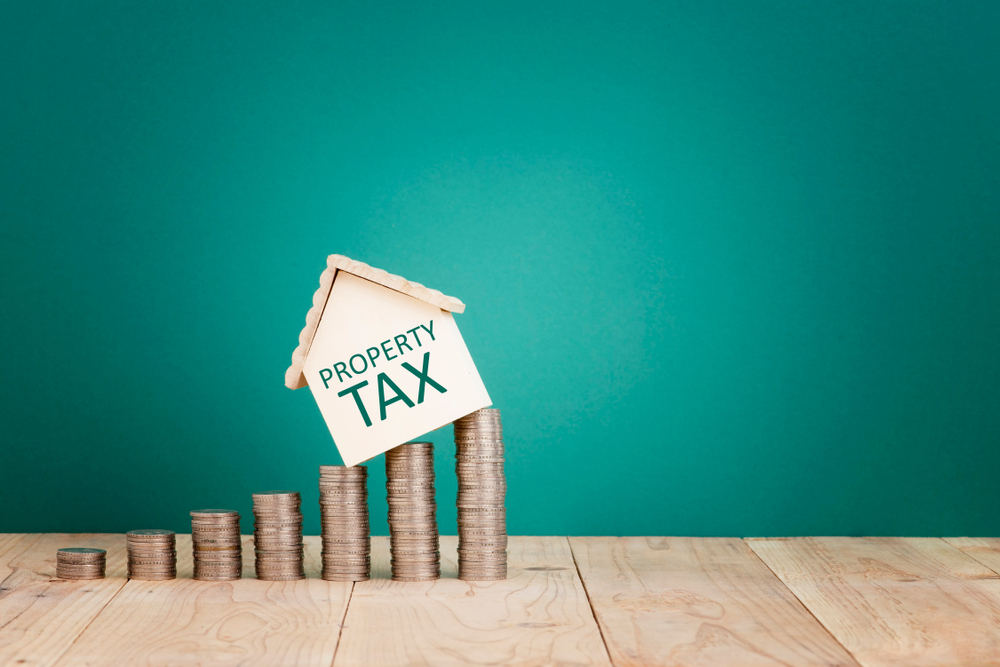Australia needs more ambitious plans to reduce carbon emissions to avoid embarrassing itself on the world stage as host of climate talks, business leaders say.
A business survey released on Tuesday by the Carbon Market Institute (CMI) ahead of an industry summit found almost two-thirds of respondents (65 per cent) support Australia hosting international talks with Pacific partners in 2026.
But more robust policies are needed to support the credibility of Australia’s climate diplomacy, including a date for phasing out fossil fuels, as well as certainty and more federal spending, respondents said.
“We really do need fair dinkum decarbonisation plans,” CMI head John Connor told AAP.
Developing climate and financial literacy will be crucial for more investment, with Australian business at a “critical inflexion point” in preparing for new standards and disclosure requirements, he said.
“But I also think businesses would be poorly informed if they think they’re not going to be asked to take responsibility for residual emissions in increasing ways.”
Residual emissions are those that persist even after steps have been taken to reduce pollution, including by some of Australia’s heaviest emitters in agriculture, resources, chemicals and transport.
However, there is growing scrutiny around how businesses are using carbon credits in their climate change strategies, in what the fiercest opponents have called a “scammer’s dream” or a “fraud on the environment”.
Survey respondents gave Australian carbon credits seven out of 10 for robustness – up from a mere six out of 10 last year, showing there is room for further improvement.
A federal review found the carbon credit system was fundamentally sound but made a series of recommendations on how they are approved and issued.
A slim majority (53 per cent) of those polled by the annual industry survey agreed Australia’s carbon credit regime should align with international benchmarking criteria.
Most (81 per cent) said a beefed-up safeguard mechanism, which requires the top 215 emitting facilities to cut emissions more quickly, was already having an impact on their business.
But almost three-quarters (71 per cent) said Australia’s level of private investment into climate action was inadequate.
Some 65 per cent supported following Europe’s lead in imposing a price on the carbon content of imported goods, known as a carbon border adjustment mechanism or CBAM.
A CBAM could prevent firms shifting jobs offshore to countries where environmental standards are lower.
Other frameworks will bring requirements for managing and disclosing climate risk and harm to nature from business activities.
Mandatory climate risk disclosure is slated to start in Australia for large companies from 2024-25 as the first step in a proposed federal reporting regime that will cover around 20,000 organisations.
Some respondents are already reporting under various frameworks, and more than two-thirds (69 per cent) support mandated corporate disclosure in line with a benchmark developed by the global Taskforce on Climate-related Financial Disclosures (TCFD).
Marion Rae
(Australian Associated Press)





